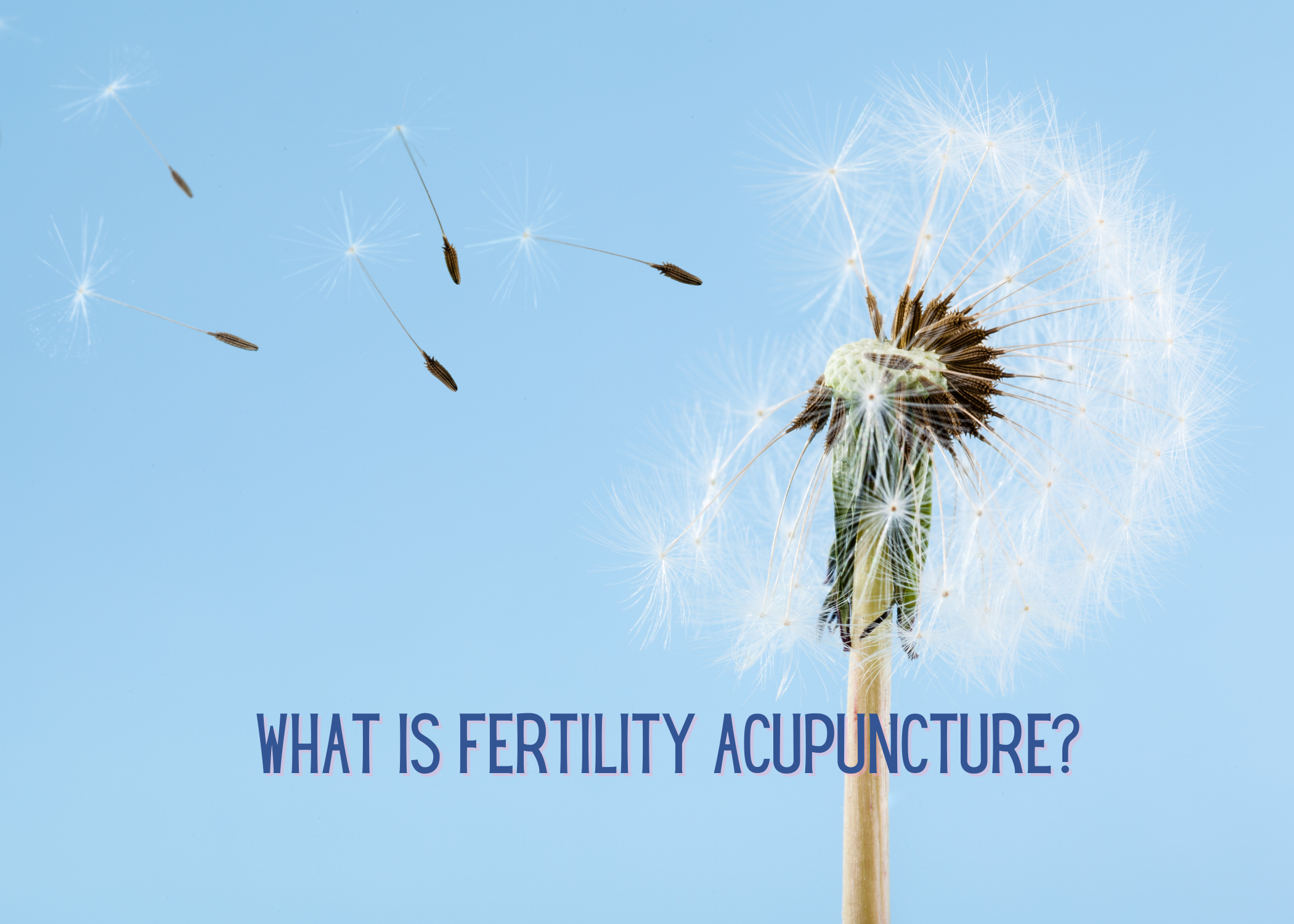WHAT IS FERTILITY ACUPUNCTURE?
Fertility acupuncture is an ancient Chinese practice that has gained recognition in modern times as a complementary approach to assist those trying to conceive. At the heart of this practice lies the belief that the body's energy, or "Qi", flows through channels known as meridians. When these channels are blocked, it can result in imbalances, including fertility issues. By inserting fine needles into specific points on the body, fertility acupuncture aims to restore balance and enhance reproductive health.
THE SCIENCE BEHIND FERTILITY ACUPUNCTURE
While the principles of acupuncture are rooted in Traditional Chinese Medicine, many contemporary studies have delved into understanding its efficacy from a scientific standpoint.
Hormonal Regulation:
Research indicates that acupuncture can influence hormonal balance, which is crucial for ovulation and overall reproductive health. A study published in the American Journal of Physiology found that acupuncture affects the secretion of neurotransmitters and neurohormones, which can subsequently impact reproductive hormones [1].
Improved Blood Flow:
Acupuncture can increase blood flow to the reproductive organs, enhancing their function. A study in Fertility and Sterility reported that acupuncture can increase blood flow to the uterus, promoting a thicker endometrial lining, which is beneficial for embryo implantation [2].
Stress Reduction:
Stress can be a significant factor in infertility. Acupuncture has been shown to reduce cortisol levels, the primary stress hormone, aiding in relaxation and potentially improving fertility outcomes [3].
Regulating the Menstrual Cycle:
Irregular menstrual cycles can be a barrier to conception. Acupuncture, through its effects on the endocrine system, has been shown to help regulate menstrual cycles, making it easier to predict ovulation and time intercourse [4].
BEYOND THE PHYSICAL: THE 360 APPROACH
Finding the right fertility acupuncturist is crucial. An experienced practitioner does more than just address physical concerns. They help patients navigate the often complex and emotional journey of fertility. They can act as a detective pulling together all the pieces of your disparate fertility puzzle and helping provide clarity and direction.
When you work with a fertility acupuncture expert, especially one sourced from reliable platforms like Fertility Support trained expert, you benefit from a 360 approach. Such professionals can assist you in understanding past tests, treatments, and experiences, offering insights and advice tailored to your unique journey. They understand the intricacies of fertility challenges and provide not only physical but also emotional and psychological support.
IN CONCLUSION
Fertility acupuncture offers a comprehensive approach to improving reproductive health. By combining ancient wisdom with modern science, it provides a unique and holistic path to those on their fertility journey. Remember, finding the right practitioner is essential, so consider recommendations and trusted platforms like Fertility Support trained to ensure the best experience.
ABOUT KATE FREEMANTLE
I am an acupuncturist and herbalist with over 17 years of clinical experience supporting fertility. I work online and in my Dorset clinic.
I am a Fertility Support trained expert. To find out more about my expertise or another expert near you click here.
If you would like to find out more please get in contact here or call me on 07880545943.
References:
[1] Chang, R., Chung, P. H., & Rosenwaks, Z. (2002). Role of acupuncture in the treatment of female infertility. American Journal of Physiology, 1143-1146.
[2] Stener-Victorin, E., Waldenström, U., Andersson, S. A., & Wikland, M. (1996). Reduction of blood flow impedance in the uterine arteries of infertile women with electro-acupuncture. Fertility and Sterility, 779-783.
[3] Magarelli, P. C., Dindinger, M., & Mroz, E. (2009). Changes in serum cortisol and prolactin associated with acupuncture during controlled ovarian hyperstimulation in women undergoing in vitro fertilization-embryo transfer treatment. Fertility and Sterility, 1870-1879.
[4] Lim, C. E., & Wong, W. F. (2010). Current evidence of acupuncture on polycystic ovarian syndrome. Gynecological Endocrinology, 552-558.


